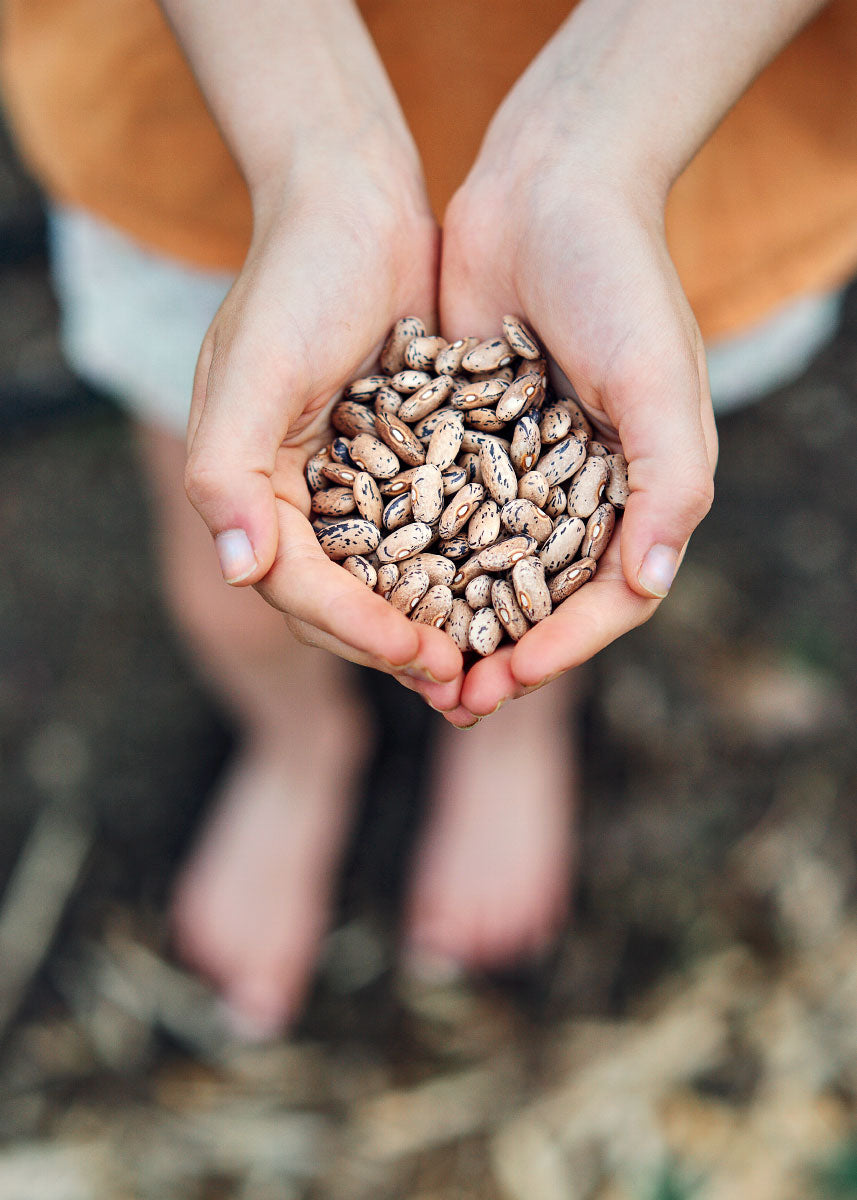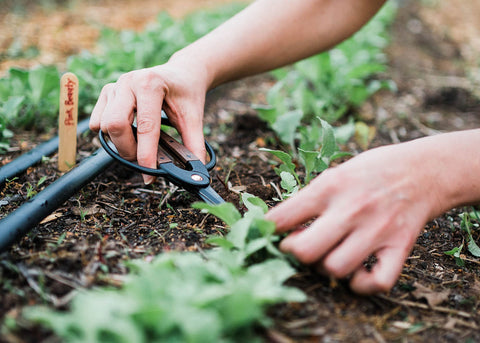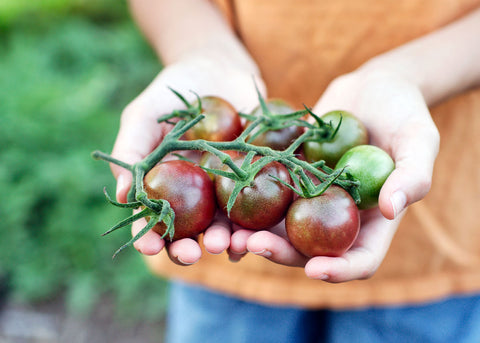How long will your seeds last? How do you store seeds to make sure they stay viable? If you're not sure, then you're in luck. In this post, we'll tell you everything you need to know about seed storage so that your plants can grow well year after year. So read on and learn how to preserve seeds for a longer period of time.

Saving seeds is a great way to stock up on vegetables for future use. Especially with the uncertainty of our global food supply and rising inflation, it might be time to start thinking about how to prolong the life of our food sources.
Different species of seeds have varying longevity
Vegetable seeds can remain viable from 2-6 years under good ambient storage conditions. Even under the best conditions, however, seeds of some species (such as onions, leeks, and parsnips) may remain viable for only 1-2 years. If you want your seeds to last long and produce the healthiest plants, then it’s important that they are stored in the right conditions; cool temperatures & low humidity. Relative humidity can be measured with a cheap hygrometer, like this set you can buy on Amazon.

Successful seed storage requires proper conditions
The ideal location to store seeds is in a climate-controlled space, such as a dry, cool basement or in closet in colder part of your home. Storing seed in a garage, outdoor shed or attic space is not recommended as temperatures and humidity levels will fluctuate frequently to either extreme. Seed viability rapidly declines in temperatures above 90°F or places with 60% relative humidity.
Dr. James Harrington proposed an open-seed storage rule which states that seeds should be stored where the sum of the temperatures in degrees and the relative humidity does not exceed 100. Low humidity is the most important factor for seed storage.
Long term cold storage of seeds

Cold storage in a refrigerator can significantly extend seed longevity. Store seeds in an airtight container with a desiccant packet to maintain stable moisture levels. Before opening, allow the container to reach room temperature to prevent condensation inside.
Freezer storage can preserve seeds for over 20 years, but it carries risks. If the moisture content is too high, the water within the seed can freeze, damaging cells. If the EMC, Equilibrium Moisture Content, is unknown or too high, it's safer to use cold storage in a refrigerator or store seeds in paper packets in a cool, dry place.

Properly storing your seeds can prolong their viability for years
It's important to store them in the correct conditions, cool, dark and dry spaces. By following the tips we’ve provided, you can ensure that your seeds will be ready to plant when the time comes. Shop all of our high-quality heirloom seeds today and get started on building your own sustainable seed stockpile!




